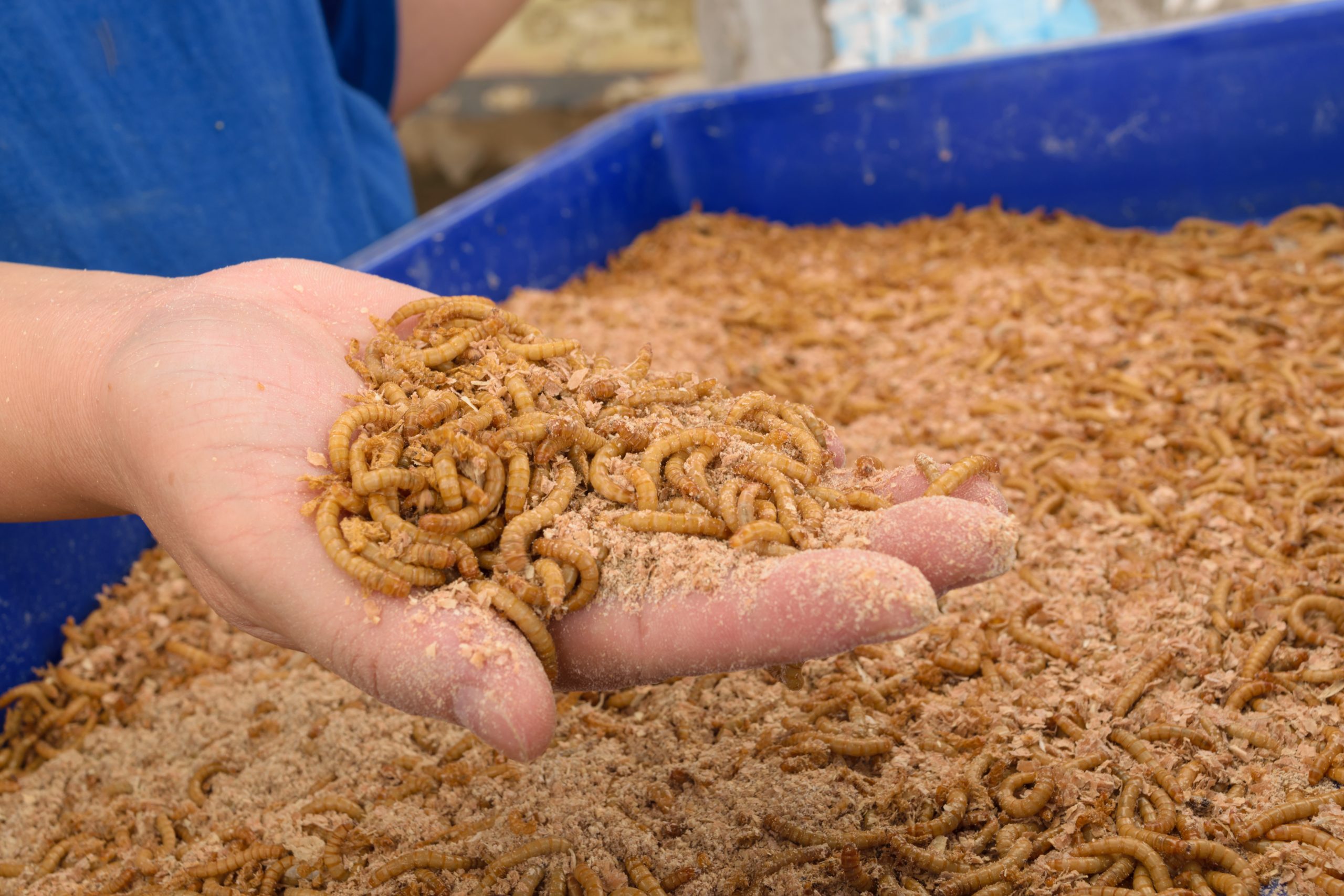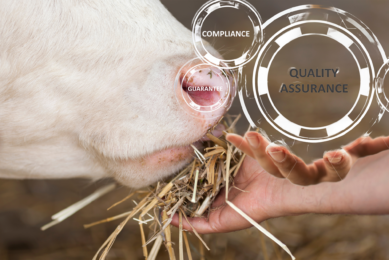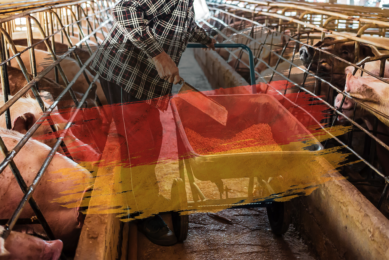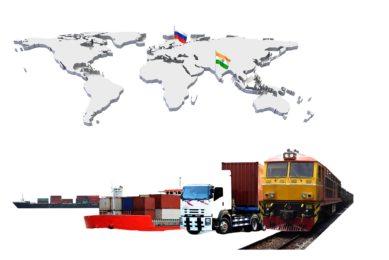“Widening the possible use of insects”

IPIFF, the European Umbrella Organisation representing the interests of the Insect Production sector for Food and Feed, emphasised the role insects for food and feed could play in answering global societal challenges. The organisation also highlighted the fact that under the EU policy and legislative framework opportunities opened to maximise this potential.
Gathered in Brussels for the IPIFF 2017 International Conference, more than 250 participants, including EU Commissioner for Health & Food Safety Vytenis Andriukaitis, European Parliament and Estonian Presidency representatives, as well as delegates ranging from insect producers, policy makers, scientists, NGOs and agri-food industry, recalled the potential lying in insects for food and feed. Furthermore, the event raised awareness about the opportunities for insect producers in a European context.
Welcoming the event, EU Commissioner Vytenis Andriukaitis said: “Insect producers can make a significant contribution both now and in the future to help us meet the global challenges related to protein, circular economy and innovation: European policies offer many opportunities to grow and innovate while fully complying with EU food and feed legislation. This is key for the continuous growth and credibility of the sector.”
Introducing the conference, IPIFF President Antoine Hubert indicated 2 recent EU policy reforms have largely contributed to the development of our sector:
- This is notably the case of the recent EU authorisation to use insect proteins for fish feed which constituted a decisive step for European insect producers to deploy their production activities at wider industrial scale and offered new solutions for the European aquaculture sector.
- On the other hand, a recent Member States’ vote on the new EU novel food legislation implementing texts provides some more visibility for insect operators for human consumption to complete their novel food dossier, explained IPIFF’s Novel Food Task Force Chair and Vice President, Heidi de Bruin.

The popularity of insect meal as a new protein has taken off – find out about new developments, regulations and innovations.
Looking ahead, IPIFF expressed the willingness to pursue its efforts towards widening the possible use of insect proteins by EU livestock and aquaculture farmers: “Our association pleads for extending the use of insect proteins in feed for pigs and poultry. We are also interested in exploring potential alternative substrates for insect farming in the future,” stated the IPIFF Vice President Tarique Arsiwalla.
“Opportunities are notably opened in the context of ongoing EU discussions on Circular Economy and of EU funded research programmes: we encourage the uptake of these opportunities to maximise the potential of the insect sector,” further stated Arsiwalla.
The event also shed the light on several projects undertaken by IPIFF, in the areas of food and feed safety notably:
- IPIFF members are engaged in the development of a guidance paper documenting best hygienic practices in insect production as well as in a compilation of studies demonstrating the safety of insects for human consumption.
- IPIFF is also working jointly with insect producers’ associations associations in other regions of the world (e.g. South-East Asia, Northern America and Africa) to further profile these subjects collectively at international level.
“We trust that these works should be helpful for insect producers to conform with applicable legislations (within EU or worldwide) or to influence market standards: food and feed safety are a must and prerequisite conditions to the opening of new doors,” concluded the IPIFF President Antoine Hubert.











